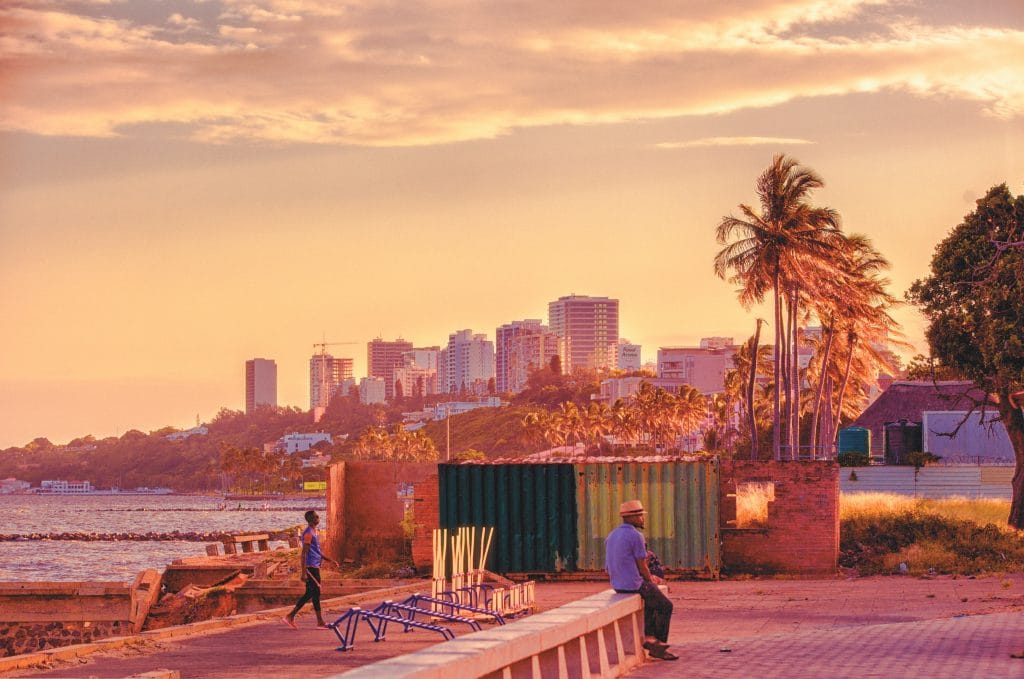Mozambique will install 60 new mobile stations to strengthen rural connectivity.
The project will be carried out by the Mozambique Communications Regulatory Authority (INCM) through the Universal Access Service Fund (FSAU) and will target rural areas in nine provinces. These provinces have been identified as Gaza, Inhambane, Manica, Sofala, Tete, Zambézia, Nampula, Niassa, and Cabo Delgado.
With the implementation of the project, telecommunications coverage in areas lacking mobile data will be expanded, thereby increasing digital inclusion and reducing regional inequalities. This development is seen as an important milestone in INCM’s commitment to ensuring that no Mozambican citizen is left behind in the digital era.
The project will include the installation of 2G and 4G mobile network infrastructure, multimedia centers with public Wi-Fi access, and solar power systems to sustainably support the facilities.
By the end of the project, it is expected that access to public services will improve, local entrepreneurship will be supported, and a sustainable economic model will be established.
Currently, the ICT penetration rate in Mozambique’s urban areas is around 80%, while in rural areas it is only about 20%. This highlights the significant digital divide in the country.
Projects like this aim to address this issue and ensure broader digital inclusion.



